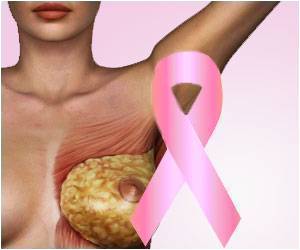AA is a natural compound found in Aristolochia plants commonly used in traditional herbal preparations for various health problems such as weight-loss, menstrual symptoms and rheumatism. It was officially banned in Europe and North America since 2001 and in Asia since 2003. However, its long-term impact is still being felt as patients with associated kidney failure and cancer are still being diagnosed, especially in Taiwan. In addition, certain AA-containing products are still permitted under supervision and products containing AA are still easily available worldwide, including over the internet.
The potent cancer-promoting activity of AA strongly warrants efforts to restrict the use of AA containing products, including health supplements. "We would like to call for greater public awareness on the adverse health effects of AA. It is therefore important to know the contents of herbal products before one consumes them." said Prof Pang. Reassuringly, in Singapore there is no cause for worry as under the Poisons Act since 1 January 2004, products and herbs sold and supplied in Singapore are not allowed to contain AA and the toxic constituents of Aristolochia herbs.
The Singapore-Taiwan study also reports that carcinogens can leave tell-tale "genetic fingerprints" of their exposure in the DNA of cancer cells, and provides a valuable demonstration of how such fingerprints can be used to identify other cancers not previously associated with that carcinogen. Dr Poon Song Ling, the lead author of the study, said: "AA's contributions to kidney failure and cancer have been documented, but AA's possible role in other cancer types was unknown. In this study, we found that the AA-related DNA fingerprint could be used to screen for the potential involvement of AA in other cancers, such as liver cancer." Such findings could lead to a new wave of DNA-based detection systems for monitoring carcinogen exposures in humans and the environment.
This breakthrough came after 1.5 years of intensive research and was published online on 7 August 2013, 2.00pm, U.S. Eastern Time in Science Translational Medicine, a publication that focuses on practical medical advances that result from all stages of translational medicine. The research was supported by grants from the Singapore National Medical Research Council, the Singapore Millennium Foundation, the Lee Foundation, the National Cancer Centre Research Fund, The Verdant Foundation, the Duke-NUS Graduate Medical School Singapore, the Cancer Science Institute of Singapore, the Chang Gung Memorial Hospital, LinKou, the Taiwan National Science Council, and the Wellcome Trust.
Source:Science Translational Medicine












